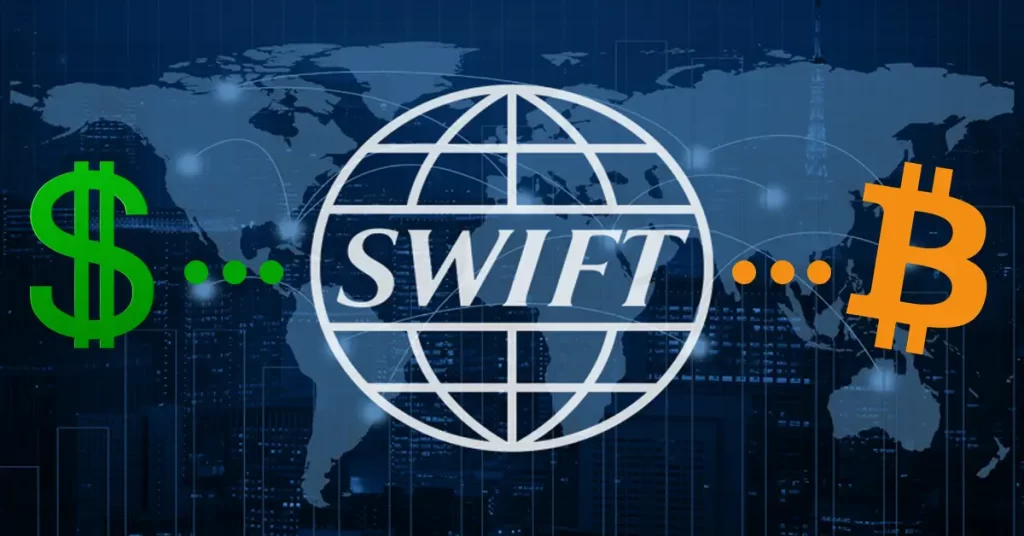
The post SWIFT to Pilot Live Digital Asset Transactions in 2025: A Step into the Future appeared first on Coinpedia Fintech News
The global financial messaging giant, SWIFT, is preparing for live trials of digital asset transactions in 2025. This is a significant step toward integrating blockchain technology into mainstream banking. This will offer real-time transactions for assets like bonds and digital currencies.
SWIFT’s move will allow central and commercial banks to trial digital asset transfers across various platforms. Asset management firms like JPMorgan and Citigroup have been exploring blockchain for years. However, the lack of interoperability between networks has not allowed its widespread use. Now, Swift aims to eliminate this issue by enabling seamless transactions across multiple digital platforms that will link digital assets and traditional banking system.
Swift To Support Tokenized Assets
Turning the real-world assets into blockchain-based tokens could revolutionize how trades are handled. This idea has been around for years and some asset management firms have been experimenting with it as well. However it did not gain significant traction. But experts predict that the value of tokenized assets could soar to $30 trillion by 2034. SWIFT’s live trials may hold the key to unlocking huge potential. They are working to combine tokenized assets with traditional currency.
Swift is going to leverage its extensive global network of over 11,000 financial institutions spread over 200 countries to make sure these new forms of money can coexist with traditional assets. According to Standard Chartered, the market cap of tokenized assets could read $30 trillion by 2034.
Bridging Digital Islands
Among all the goals of SWIFT for this trial, one major aim is to prevent formation of “digital islands” so platforms do not get disconnected and hence can’t limit global adoption. With these trials, SWIFT aims to prove that there can be a global financial ecosystem that supports both digital and traditional assets.
The trials will focus on payments, securities settlement, and foreign exchange transactions, with central banks like those of Hong Kong and France already involved.

 10 months ago
94
10 months ago
94














 English (US) ·
English (US) ·